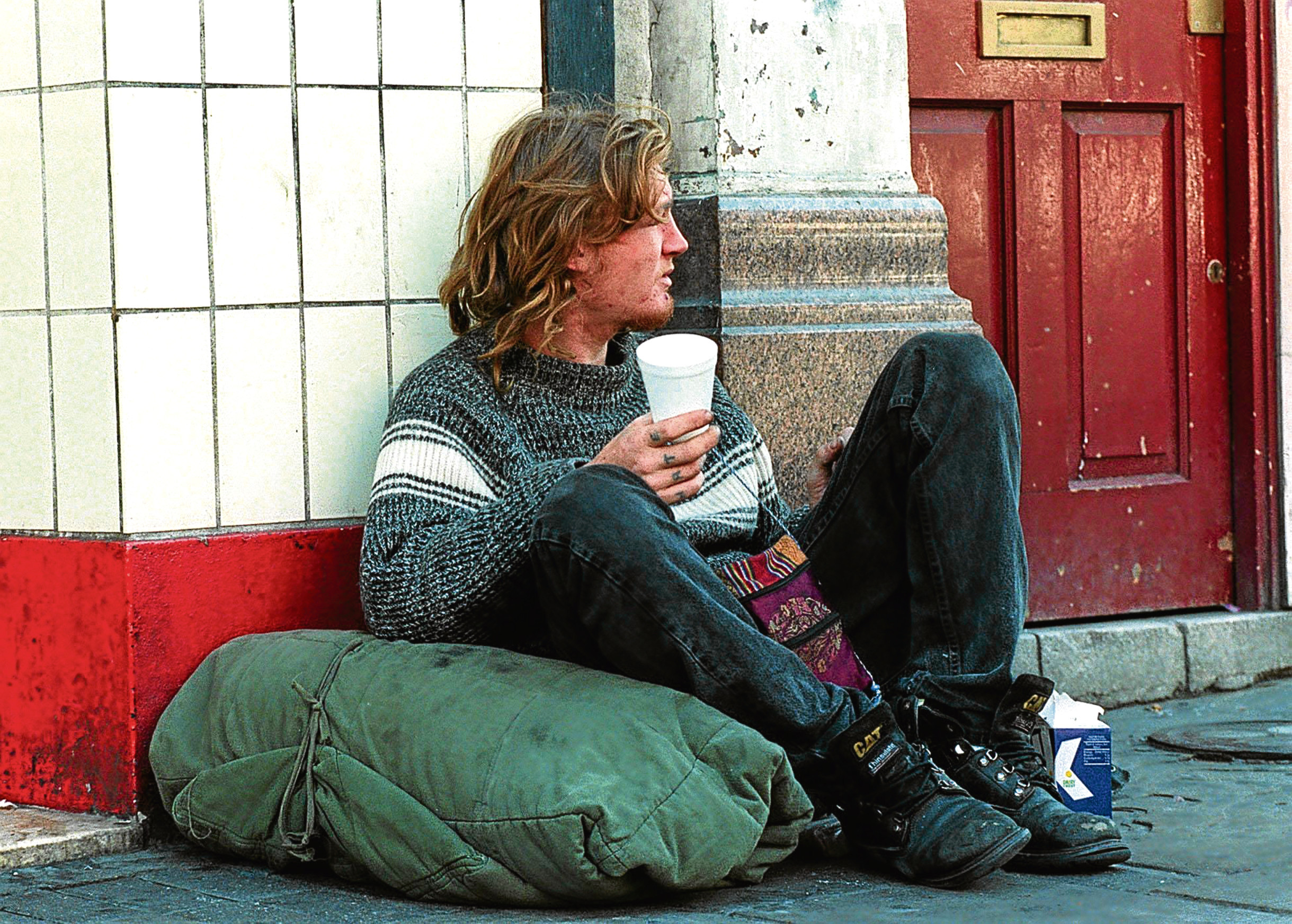
AS expected, the battleground of the local council elections was anything but local.
In England and Wales, the ongoing rumble over Brexit, and which party would best serve the UK’s interests in talks with the EU, dominated the debate.
In Scotland, local priorities were marginalised by Brexit and completely overshadowed by Indyref2.
Whether you like her or not, the Scottish Tories’ fiery leader, Ruth Davidson, deserves enormous credit for their resurgence. She’s shaped the “nasty” party into a credible opposition.
As for Scottish Labour, they look lost at sea without a paddle. I doubt they could win an election even if Diane Abbott was counting their votes.
For me, what stood out from the local elections was pledges made by two victorious mayors from opposite sides of the political divide.
West Midlands mayor Andy Street, a Tory, and Labour’s Andy Burnham, elected in Greater Manchester, vowed to immediately tackle the ever-growing, insidious problem of inner-city homelessness.
It’s an epidemic which is all too often brushed under our threadbare state carpet.
Eyebrows were raised when monobrow mayor Burnham pledged to donate 15% of his £110,000 salary to a mayoral homelessness fund and eradicate the problem in the area by 2020.
Mayor Street also vowed to find a long-term solution.
For both it is a huge, almost impossible undertaking, as they have hundreds, if not thousands, of rough sleepers to find proper accommodation for.
A mixed bag of desperate souls who suffer from any number of complex issues: depression, drug and alcohol dependency, trafficking, marriage breakdowns and bankruptcy.
I welcome the commitment – and I believe the Scottish Government and local authorities north of the Border should follow their lead.
The problem in Glasgow has become particularly acute.
The lines of distinction between the genuinely homeless and the professional beggar are becoming ever more blurred.
The public perception and, indeed, the view of some in authority, is that they are all one and the same.
The homeless need all the help they can get. The other lot, the professional beggars, just help themselves.
They don’t give two hoots about what anyone thinks about them or their methods, their aggressive behaviour, the disruption they cause.
They know the police are powerless to deal with them.
And, just to be clear, even though my eardrums take a daily pounding, I am not including those who busk.
But on the overall issue of professional begging, there are uneasy voices of disagreement.
Graham Steven, of Glasgow City Mission, says there has been a very visible increase in people begging in the city centre.
Graham also believes that a begging ban is not the answer. People caught up in the cycle of street begging require support.
In my view, a ban on begging is not a punishment.
Why should these gangs of professional beggars be granted immunity? They have a licence to print money.
Meanwhile, shoppers and tourists head elsewhere.
The introduction of by-laws banning begging, taking these gangs off our streets, would be a small step towards a solution.
Its time to start banging heads, folks – not tin cans!

Enjoy the convenience of having The Sunday Post delivered as a digital ePaper straight to your smartphone, tablet or computer.
Subscribe for only £5.49 a month and enjoy all the benefits of the printed paper as a digital replica.
Subscribe